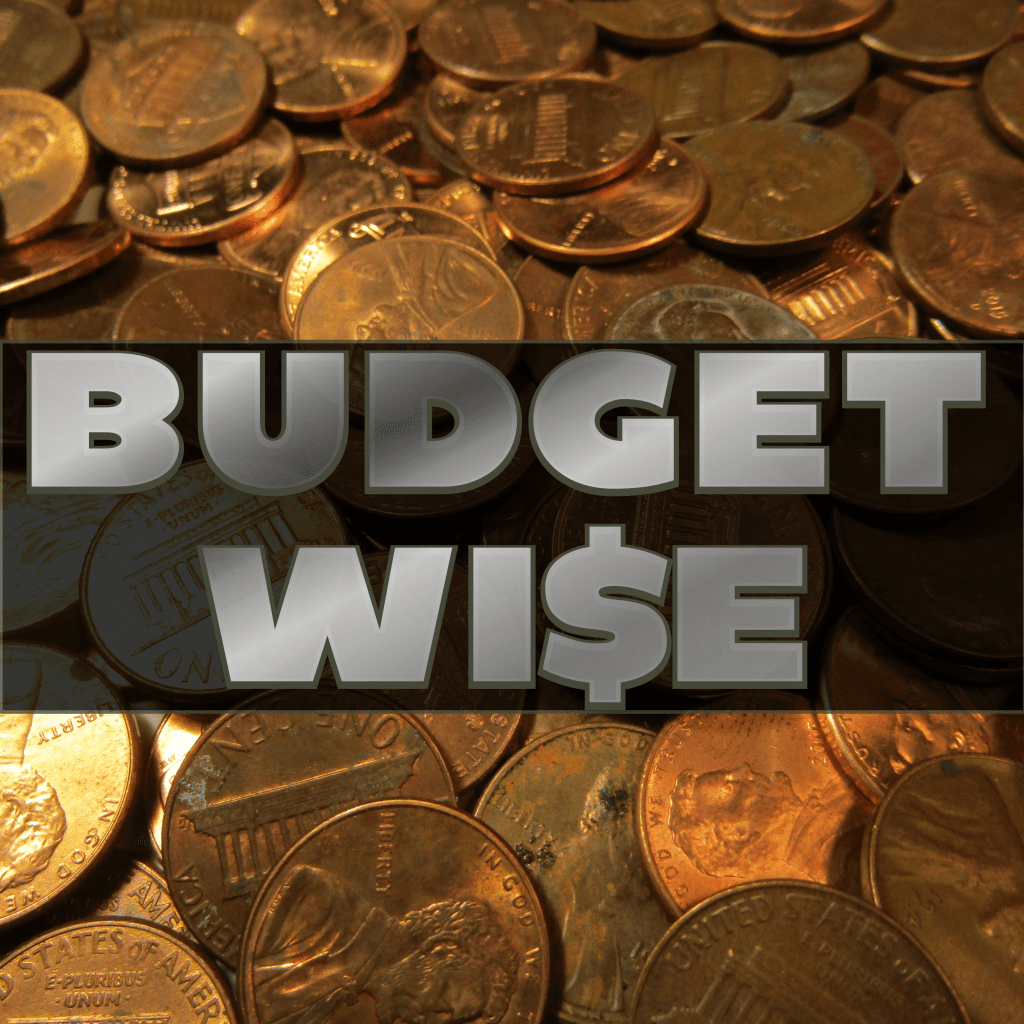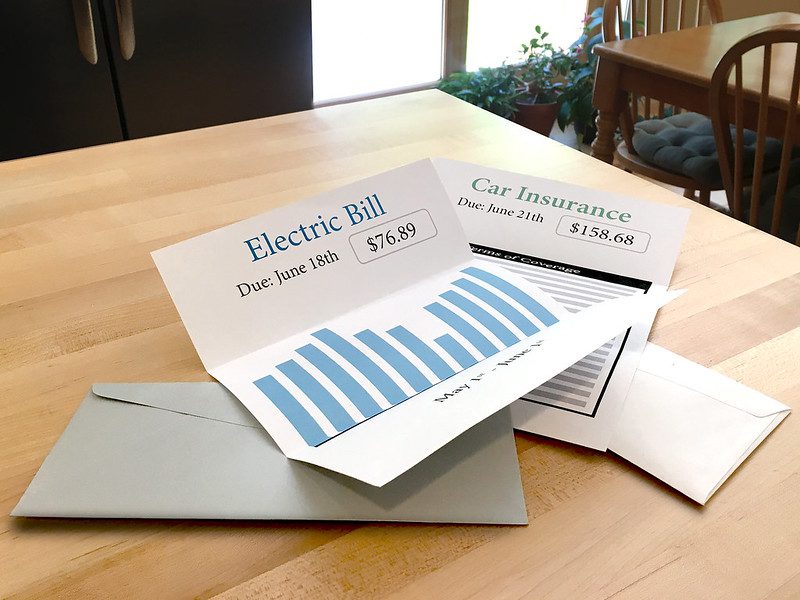

(A little review)
Most finance and budget experts say that you should use the 50-30-20 rule for budgeting. That is, 50% of your income goes towards necessities, things like housing, transportation, utilities, food etc. The next 30% of the budget goes towards wants, things you really want but aren't essential for getting by. This includes things like travel, entertainment and clothing. The final 20% of your budget goes towards savings. In today's economy, saving for retirement and emergencies is essential.
If you're already following this formula, congratulations! You're ahead of most Americans. Sixty percent of Americans have $1000 or less in savings. Only 10% have more than $20,000, or enough to cover average monthly expenses for 3-4 months if they were to lose their income.
If your budget does not fall into the 50-30-20 guideline, it's time to see what you can do about it.

Lower your monthly bills
Let's take a hard look at those monthly bills. This includes things like phone bill, cable/TV, insurance, car payments and utilities. These may seem like fixed expenses that are etched in stone, but chances are good you can reduce some or most all of these monthly expenses.
Start with your monthly subscriptions. They may not feel like a lot, but $7.99 here and $9.99 there can quickly add up. Do you really need multiple streaming services and subscriptions to news websites? Pick the one or two you use most and cancel the rest.
Maybe there's a subscription you have completely forgotten that you signed up for. Look at your bank and credit card statements for recurring charges. If it's something you no longer need, cancel it. There are apps that can help you find and automatically cancel unnecessary subscriptions.
Insurance is another recurring bill you can probably lower. Insurance terms and rates are constantly changing. If you haven't shopped around for competitive rates in one or two years, chances are you're paying too much.
Changes in your age or a new neighborhood could mean lower insurance rates. When new insurers move into a market, they often bring with them more competitive premiums. Use an insurance agent who works with multiple providers that can compare quotes from several companies and find you the best deal. Experts say that consumers could potentially save hundreds or even thousands of dollars when they shop around for new coverage.
Your circumstances are also changing. If you've been working on your budget for six months or more, chances are that your credit rate has improved. A higher credit score means lower insurance rates. If it's been more than three years since you've had a traffic citation, ask your insurance agent if you can get a lower, safe-driver rate.
You may also want to look at your deductible. If your budget is tight, it may seem impossible to pay a $5000 deductible and so you choose a lower deductible. But what if you were to put $5000 in savings to meet the deductible? Now you have a cushion for that expense and can substantially lower your insurance bills by having a higher deductible.
Transportation costs
You can lower your car payment by qualifying for a better interest rate or extending the length of your loan. Again, if you've worked to improve your credit score, you may qualify for a better loan rate.
Better yet, sell your car and get a used car that doesn't require monthly payments. Cars depreciate in value so rapidly that within a year or two most people owe more on the loan than the car is worth. Here's an added bonus of owning your car: You can drop the comprehensive portion of your car insurance, another huge savings.
Save on gas by combining trips. If you have a doctor's appointment, plan to do your grocery shopping and other errands all in the same trip.
You'll see both long-term and short-term savings if you keep your car tuned and have regular oil changes. If you regularly change the oil on your car every 3000 miles, it will perform better longer and you'll get better gas mileage. Save even more by changing your own oil. It's not that hard and with practice will only take 20-30 minutes. A professional oil change starts at about $50 but changing it yourself will cost about $12-$15. Even with a new oil filter, it is still about half the cost of having it done professionally.
Credit cards
Credit card debt is the single most toxic thing to your budget. Get rid of it now! Start by paying the maximum you can afford to reduce the outstanding balance. That outstanding balance is accruing interest and in the end could double or triple the cost of your original purchase.
Apply for a credit card that has a long term 0% introduction rate, something like 15 to 18 months. Transfer all of your outstanding credit card debt to that one card and start paying it off. If you can't find a suitable 0% card, contact the credit card company and negotiate a new interest rate. Credit card companies don't want to lose your business, so they may agree to a lower rate.
There are several apps that can help you get control of your monthly payments (see links below) Take a hard look at your monthly expenses and see where you can trim. Start living on a leaner, more workable budget today.
Apps that will help you manage subscriptions and lower monthly bills:
https://www.wired.com/story/6-apps-cancel-subscriptions-save-money/
If monthly bills are out of control, you may find that paying for a service to reduce your bills is worthwhile: https://billfixers.com/
An easy budget calculator: https://www.nerdwallet.com/article/finance/nerdwallet-budget-calculator